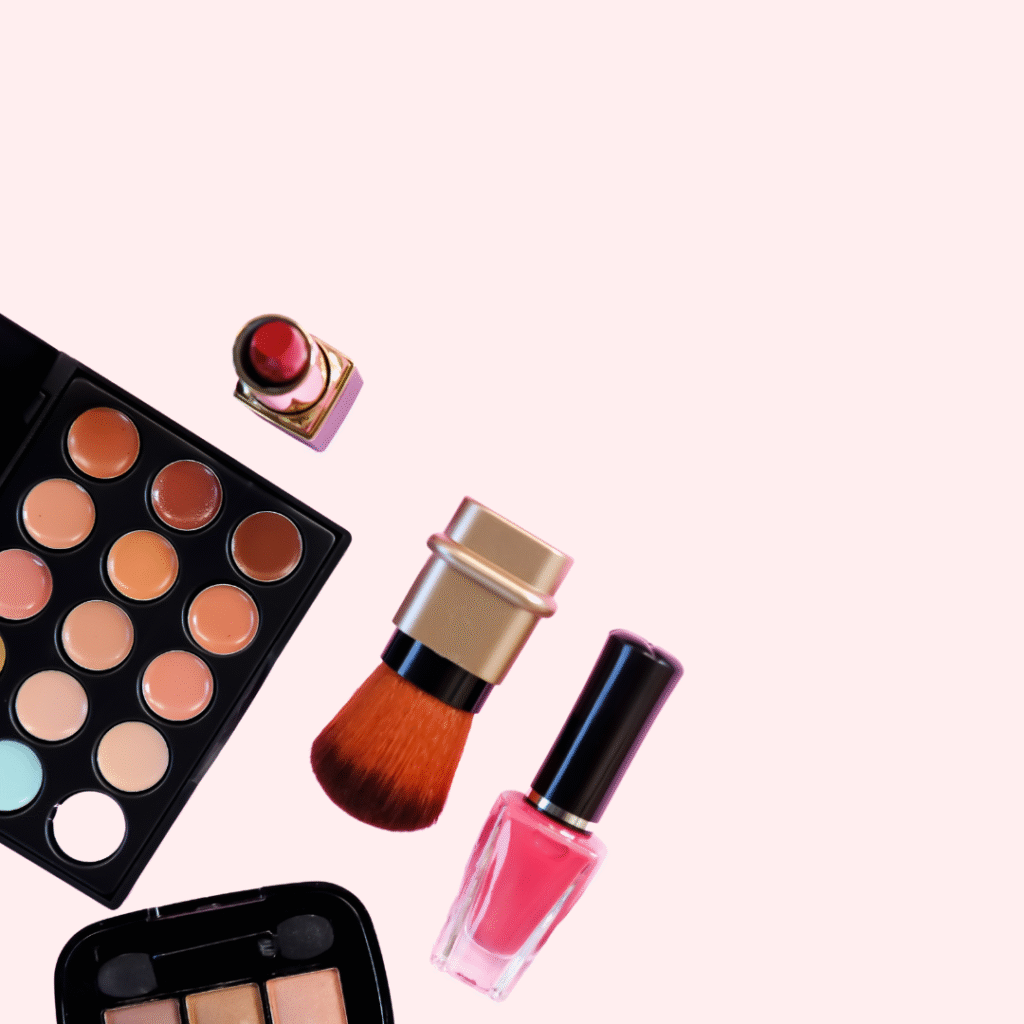In my work supporting parents and carers of young people with hygiene, I’ve noticed something that keeps coming up.
We're often encouraging young people to take ownership of essential activities and tasks that happen inside their body: regulating emotions, recognising toilet needs, learning to eat and sleep in ways that help their bodies. These are all deeply personal and internal. We tell them, “This is your body. You need to learn skills in how to care for it.”
But then, without meaning to, we often surround the outside of that same body with rigid rules, limits and expectations. While we ask them to own their inner world, we often restrict how they express themselves on the outside.
“No, you can’t have your hair that colour.”
“That outfit’s not suitable for the family gathering.”
“Nail varnish isn’t allowed at school.”
“Here’s a list of acceptable haircuts.”
Image from Canva, by anchanachitkhamma
You may also be interested in my blog ‘Supporting PDAers with Hygiene: A Compassionate Approach‘ and "How Do I Get Them to Shower?” Rethinking Hygiene Support in Care Roles.’
The message becomes confusing. We’re asking them to feel ownership and agency but only if it stays invisible. Only if it doesn’t show. Only if it doesn’t make others uncomfortable or stays within expected social norms.
That makes me wonder
What if part of a young person's anxiety or disconnection to hygiene is about more than just the task? What if social pressures are making it harder for them to feel like their body truly belongs to them?
Why would a young person feel motivated to brush their hair, wash their face, or pick out an outfit, if many choices are restricted or overridden? The ever-present social expectations and school setting rules may be chipping away at the very sense of body ownership we’re trying to build.
Because hygiene isn’t just about cleanliness. It’s about connection to one's body, to personal identity, to sensory preferences and to a sense of agency in the world.
What might change if we supported them to explore?
That glitter that feels exciting to wear.
The clothes that actually feel comfortable on their body.
The hair colour that helps them feel like themselves.
The temporary tattoo that makes them smile in the mirror.
What if we recognised these outward expressions as valid parts of their hygiene and wellbeing journey?
When young people feel that their body is theirs, not just to care for but to express, they may feel more able to want to care for it. Hair care may have more of a sense of ease when they love how their hair looks. Washing becomes part of the ritual of enjoying how they present themselves. Hygiene shifts from being just a list of tasks to a part of self-connection.
When we make space for young people to own how they show up in the world, we help them connect more deeply to their bodies. And that connection, inside and out, I think is a foundation of lifelong self-care.
Thank you for reading,
Laura Hellfeld
RN, MSN, PHN, CNL
Sign up to my Newsletter Here
Connect with me on social media
BlueSky, LinkedIn, Instagram and Facebook
Disclaimer: The information shared in this blog is for informational purposes only and is not intended to replace medical advice, diagnosis, or treatment. Please consult a licensed healthcare provider for personalised support and care tailored to your specific needs.
Signposting and Resources:
Supporting PDAers with Hygiene: A Compassionate Approach’, Blog
How Do I Get Them to Shower?” Rethinking Hygiene Support in Care Roles.’, Blog
Gabby’s Glimmers: An Affirming Story of an Autistic Child and their Favourite Food




